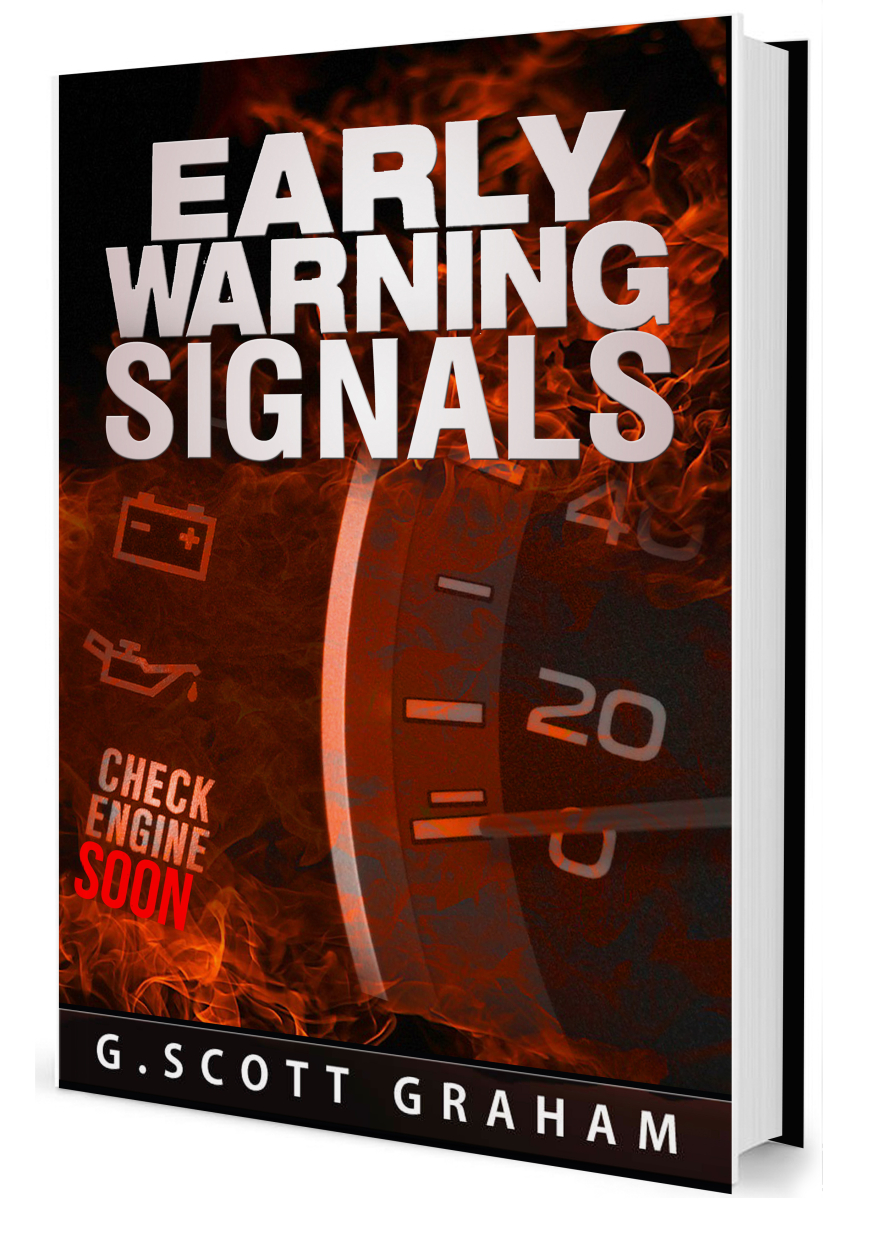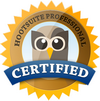Stress Quiz

According to many psychologists, change is the root cause of stress. Additionally, research shows a direct relationship between the speed of change and the degree of stress a person experiences in their life.
Is rapid change going on in your life? If you are like most people, you probably feel a bit out of control. You are going here. There. Doing this. Now. Stop. Do that.
How can you respond better to change?

There are three key strategies to responding to change:
- Set goals. By setting goals, you direct the change. By setting goals, change doesn't happen to you. By setting goals, you are in control of the change instead of the change being in control of you.
- Focus on things that give you pride. By focusing on things that give you pride, psychologists say you increase your sense of worth and efficacy. "Achievement" is the key word here. Some goals inject your self-esteem a lot. While other don't. Compare the goal to read one book each month to the goal to train for and complete a marathon. Look for things that stretch you.
- Enhance your coping skills. There are a variety of skills you can tap into to repond to change. To assess your coping skills, download the free assessment at the end of this article.
Who will you become?
"In order to achieve something that you have never achieve before, you must become someone that you have never been before"
--Brian Tracy

Unlike counseling, coaching focuses not just on strategies to reduce stress but strategies to help you make shifts in your life -- to evolve as a person -- so that the changes you experience in your life actually empower you rather than deplete you.
You can start this process without a coach! You can do this yourself by spending some time defining who you are and articulating the kind of person you want to be and the legacy you want to leave behind for this planet.
The key steps in stress reduction
There are two key components in stress reduction:
- determining how much stress is really in your life, and
- determining what coping skills you have in dealing with the stress in your life.
How stressed are you?

People talk about how stressed they are without much consideration. The firtst step is to really see how stressed you are by looking at the actual events. We all know people who have a small thing happen in their life, and becuase they do not have the three key strategies outlined above (goals, achievement, coping skills), they whine and complain and worry and stress. But psychologists have actually figured out how stressful specific events are! (Unfortuneately, they have not been able to figure out if you are just a whiner).
Two researches in fact, Thomas Holmes and Richard Rahe, identified 43 events which create stress in our lives. They then did all this fancy calculating to determine how stressful each event is in relation to each other. They assigned each items a "Life Change Unit".
Holmes-Rahe Stress Scale
Have a pen and paper? Can you add? Then you can tap into the research of Thomas Holmes and Richard Rahe and assess your stress using the Holmes-Rahe Stress Scale. Simply check off events that happened in your life over the last 12 months and add up the cooresponding "Life Change Unit" to see how much stress you have in your life (specifically delineated by risk of illness).
| Life event | Life change units |
|---|---|
| Death of a spouse | 100 |
| Divorce | 73 |
| Marital separation | 65 |
| Imprisonment | 63 |
| Death of a close family member | 63 |
| Personal injury or illness | 53 |
| Marriage | 50 |
| Dismissal from work | 47 |
| Marital reconciliation | 45 |
| Retirement | 45 |
| Change in health of family member | 44 |
| Pregnancy | 40 |
| Sexual difficulties | 39 |
| Gain a new family member | 39 |
| Business readjustment | 39 |
| Change in financial state | 38 |
| Death of a close friend | 37 |
| Change to different line of work | 36 |
| Change in frequency of arguments | 35 |
| Major mortgage | 32 |
| Foreclosure of mortgage or loan | 30 |
| Change in responsibilities at work | 29 |
| Child leaving home | 29 |
| Trouble with in-laws | 29 |
| Outstanding personal achievement | 28 |
| Spouse starts or stops work | 26 |
| Beginning or end school | 26 |
| Change in living conditions | 25 |
| Revision of personal habits | 24 |
| Trouble with boss | 23 |
| Change in working hours or conditions | 20 |
| Change in residence | 20 |
| Change in schools | 20 |
| Change in recreation | 19 |
| Change in church activities | 19 |
| Change in social activities | 18 |
| Minor mortgage or loan | 17 |
| Change in sleeping habits | 16 |
| Change in number of family reunions | 15 |
| Change in eating habits | 15 |
| Vacation | 13 |
| Major Holiday | 12 |
| Minor violation of law | 11 |
Score of 300+: At risk of illness.
Score of 150-299: Risk of illness is moderate (reduced by 30% from the above risk).
Score <150: Only have a slight risk of illness.
How's your ability to cope?

Coping skills are the second key component to managing stress. If you have a lot of coping skills, then you can manage a lot of stress. Have only a few coping skills? Then stress will tap you.
You don't need a coach or counselor to figure out which coping skills you have already and which coping skills you need to buil. You can quickly assess your coping skills with our free assessment.
Get your free Coping Skills Assessment
Fill in the information below to get your free coping skills assessment:








